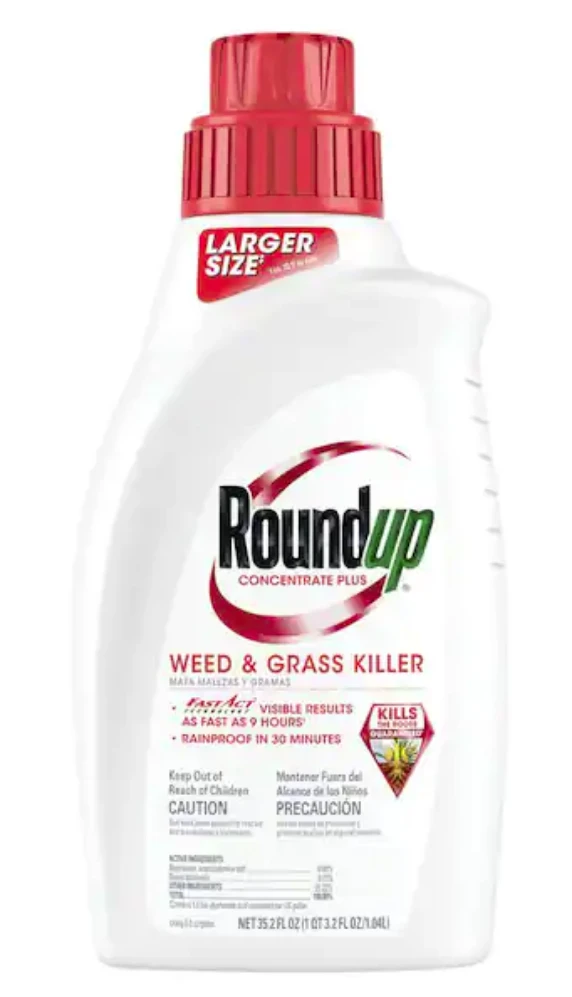Roundup Lawsuits

Bayer maintains that active ingredient glyphosate is noncarcinogenic, but as of March 2024, the company has already paid $11 billion in damages for 100,000 cases with 54,000 pending cases and more expected.
Roundup is a widely used weed killer produced by Monsanto, a company owned by Bayer. The first lawsuit alleging that Roundup causes cancer concluded in 2018. Since that time, plaintiffs have filed tens of thousands of lawsuits, and Bayer has already paid billions of dollars.
Bayer experienced successful outcomes in a string of trials from October 2021 to June 2022, including a win for defendants in the high-profile Shelton case.
What is Roundup , and why is it at the center of litigation?
Roundup is a popular weed killer used in both commercial and residential settings. Monsanto developed the product in the 1970s. Its active ingredient is glyphosate, a chemical created and patented by Monsanto. This chemical lies at the center of thousands of lawsuits against Bayer, the company that now owns Monsanto.
The World Health Organization lists glyphosate as a “probable human carcinogen.” However, the EPA approved Monsanto’s use of glyphosate in Roundup. EPA labeling marks the product as safe for both people and animals.
Conflicting institutional attitudes toward glyphosate’s potential to cause harm, combined with a lack of conclusive long-term studies on the chemical, have led to a messy legal situation for Bayer.
Over the past several years, thousands of plaintiffs have come forward with the allegation that they developed cancer and other health conditions as a result of using Roundup.
So far, no study has conclusively proven that glyphosate causes cancer, although one study found that Roundup use could increase the risk of developing non-Hodgkin lymphoma by 41 percent. A large number of the plaintiffs who have come forward with claims against Bayer have received diagnoses of this form of cancer.
Who qualifies for filing a Roundup lawsuit?
Although tens of thousands of plaintiffs have already come forward, countless more will likely follow suit. Qualification for a Roundup lawsuit typically involves a diagnosis of non-Hodgkin lymphoma or some other form of cancer, combined with a history of Roundup exposure.
Litigators can establish proof of Roundup exposure through a combination of employment records, medical bills, receipts and bills of purchase.
Case Works is a case management and development service designed to help attorneys manage complex cases. We handle mass tort case management, medical record review and retrieval, and other administrative tasks.
Our resources go to work for attorneys so they can place their focus where it matters — on gaining maximum compensation for their clients. Contact Case Works today to discuss how we can help you with case management for Roundup litigation claims.